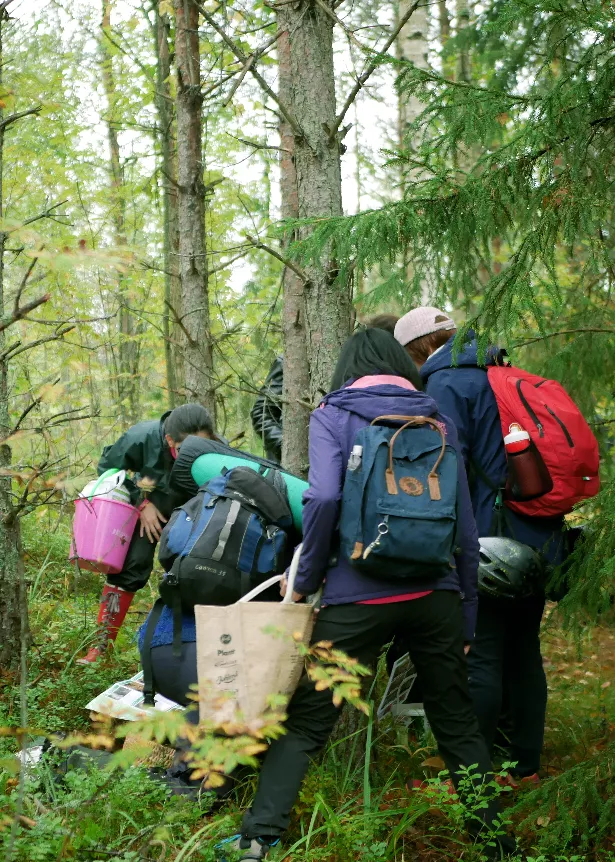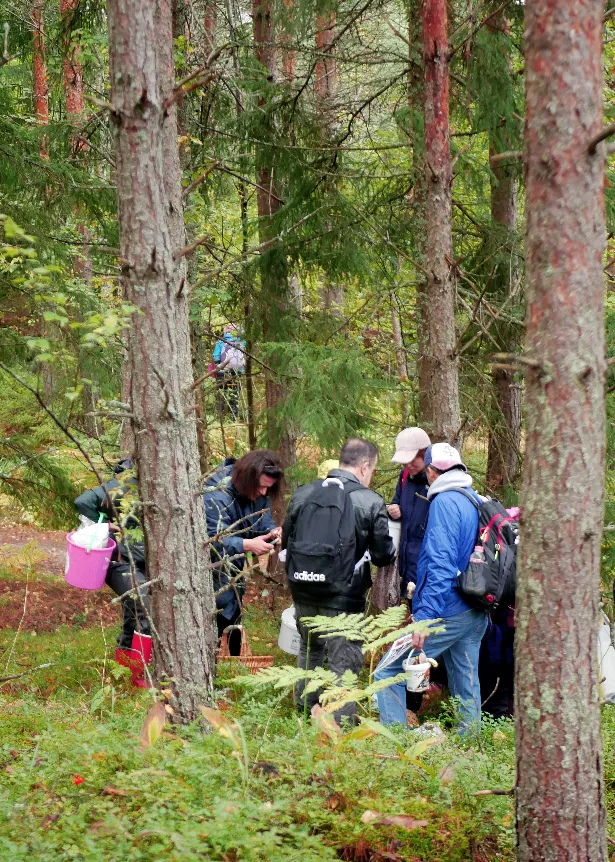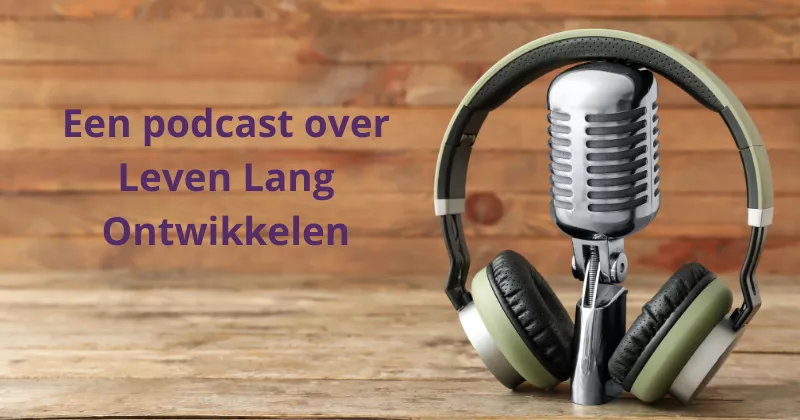Sustainable adult education

| 
|
Comprehensive school pupils marched in front of the Parliament house and a 16-year-old civil society activist sailed, in the name of environmental friendliness, across the Atlantic to participate in the UN Climate Summit. Children and young people have absorbed the sustainable development ideology, which is a good because the young people of today will be the adults of 2030. What about the adults of 2020, then? How and where can an adult become environmentally aware and what does that mean?
In the Ministry of the Environment’s report Promoting environmental education and environmental awareness, environmental awareness is defined as a combination of motivation (values and attitudes), knowledge and skill to act in a manner that fosters the cultural and natural environment.
In Finland, environmental awareness can also be studied at adult ages after the comprehensive school, although adults must independently find the various courses and studies available and build them into a whole that provides them with comprehensive information and skills about the theme. This blog looks at some educational institutions that have a comprehensive approach to sustainable development and that help adults towards environmentally aware, sustainable everyday life.
Knowhow, competence that can be learned
These goals are touched upon in municipal folk high schools, community colleges, open universities, Centres of Economic Development, Transport and the Environment as well as training offered by recycling centres and nature schools.
Educational Centre Visio offers educational and cultural activities for organisations, integration education for immigrants and courses on the Finnish language as well as arranging open joint lectures around Finland. According to Mikko Airto, director of studies at Visio, green cultural and educational activities are based on the idea that ignorance is not a bliss but the opposite.
A good example of this is the Responsible Tourism inspiration workshop to be arranged by Visio in March:
”My work involves a lot of travelling in Central Europe. I always try to figure out how I could make the trip by land, though finding tickets and a suitable route is very difficult at times. Our three-hour free workshop provides the participants with concrete tips, tools and inspiration for more sustainable tourism,” Airto says.
Recordings of Vision’s all public lectures have been available on Visio’s website since autumn 2018.
Learning - a renewable, inexhaustible natural resource
What, then, should an adult learner first pay attention to on their way towards leading an environmentally aware everyday life? According to the Megatrends 2020 -survey conducted by The Finnish Innovation Fund SITRA, the most important factor affecting the future is that we urgently take steps to combat climate change.
The survey points out that even though climate warming is not solely caused by man, reduced natural diversity and the mass extermination of species are due to human actions and call for immediate action.
According to Airto, 2019 was socially a revolutionary year in terms of environmental awareness:
”Discussion about the necessity of sustainable development reached a whole new level in the media, among decision-makers and in homes and workplaces.”
According to Sitra’s survey, people’s environmental awareness has increased, but not enough, as it does not yet show sufficiently in actions.
Another problem is the strong division between those who play down the matter and those who speak for it.
”The secretaries general of different study centres all recognise that the topic has become polarised, and there is deep concern about this. Bipolarity is poison,” Airto says and continues:
”Even though the situation was not as alarming as suggested by the media, I consider it natural to try to care for the environment and the nature close to me. I want to take care of nature rather than exploit and utilise it to the full.”
A sustainable future requires disconnecting well-being from the over exploitation of natural resources. Becoming paralysed will not help but we can still enjoy life if only we learn how to do it in an environmentally friendly way.
Text: Linda Juntunen
Photos: Educational Centre Visio
The blog is part of EPALE’s January-March mini-series ”When Adults and environmental awareness meet”. The themes of the blogs in the series: becoming environmentally aware at adult ages, adopting a sustainable everyday lifestyle, the environmental actions of work communities, organisations and whole cities as well as efforts to make them environmentally aware.
Linda Juntunen is a freelance journalist who takes photographs and writes. She worked as a Senior Programme Advisor for the Finnish National Agency for Education’s Internationalisation Services for General Education and Adult Education from 2017 to 2019. Juntunen, who enjoys international living, holds a Master’s degree in adult education.





